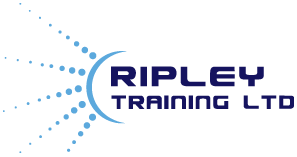1. Being self-aware and how it impacts on your ability to engage with others – be aware of the personal preferences of your key stakeholders/people and how they see you – develop creditability
2. Use active listening skills without being defensive – ask open questions and identify opportunities to strengthen engagement and understand their position. Recognise their needs and look to address any concerns and/or issues with them to help improve engagement.
3. Get into the shoes of the other person(s) – why should they engage with you and what are the benefits for them? They are more likely to respond if you show empathy and understanding to their position. Moving forward will involve develop stronger levels of trust and confidence. If they make the connection between engagement and deliverables they are more likely to respond.
4. Consider how you create an environment where opportunities for meaningful input are voiced, taking forward suggestions and where this is not possible, to provide constructive feedback.
5. Consider the amount of effort required so you make the appropriate level of urgency to making the change/engagement happen and stick. This mean identify others who will help to increase levels of engagement and gain a high level of commitment. Consider if others can help in the process of engagement and spread the work involved. Keep in mind some members of your team might have issues that might need to be discussed so these don’t become barriers in the process.
6. Be aware of the support/help needed by those you wish to engage and how you and others can help them move forward.

